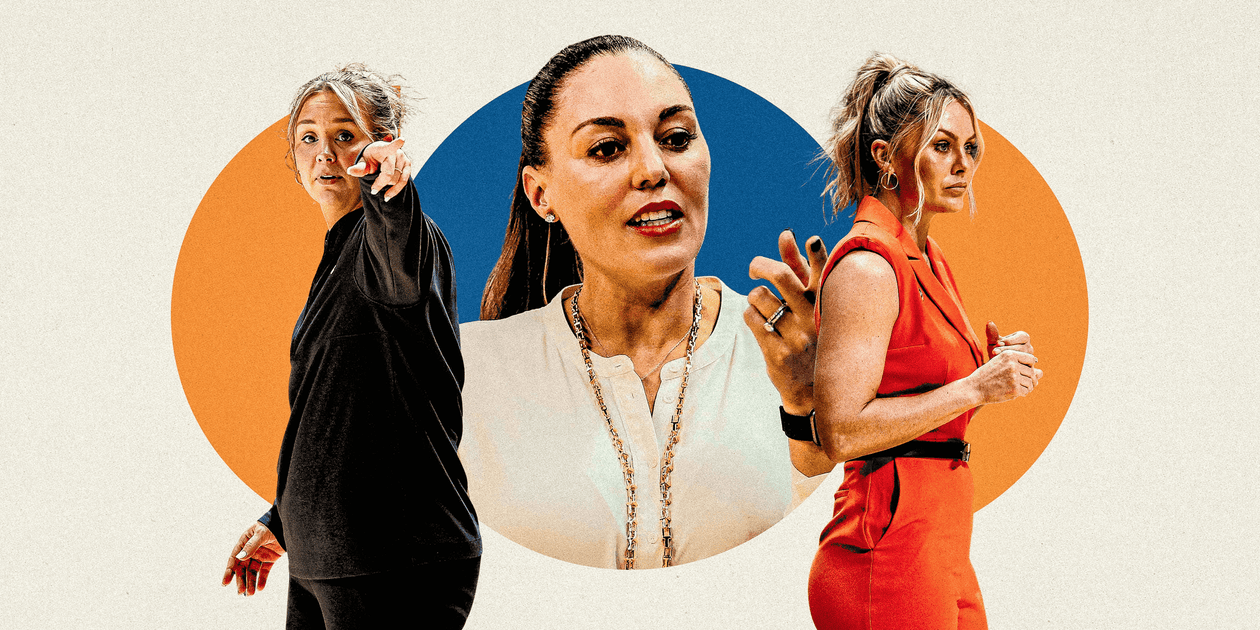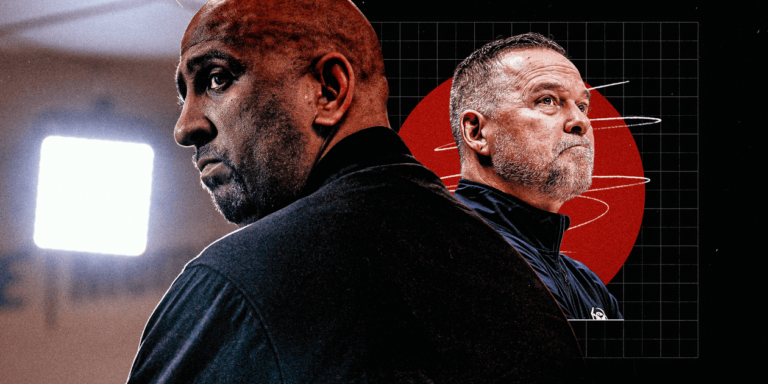Here is the result in plain text:
Arizona coach Adia Barnes had never given a more important halftime speech. The Wildcats were in their first national title game in 2021, and they trailed at the half by five to familiar foe Stanford. It was Barnes’ fifth season with the program and the farthest Arizona had advanced in the postseason.
Barnes rushed back to the locker room, hoping to use every second of the halftime window – she needed to address her team… but she also had to pump for her 6-month-old daughter Capri. She hadn’t had time during the busy pregame, and now Barnes needed to relieve some pressure to ensure that she didn’t leak on the sideline (on national TV, no less) during the second half.
…She was upset after the game. She was like, who would tell (someone) that? I never wanted anybody to know. I was always doing it on the DL. I didn’t want people to think that hinders my ability to do my job.
I wouldn’t ever want someone to think, she’s not focused on the game.
In that summer, on the recruiting trail, coaches approached Barnes with questions about parenthood, breastfeeding, pumping, finding the balance between coaching and family. Barnes hadn’t received these questions after having her son Matteo, with husband and Arizona assistant Salvo Coppa, in June 2015. She had been private about the pregnancy and breastfeeding journey with Matteo – as she had intended to be with Capri.
Four years after Barnes’ breastfeeding story, the impact continues to be felt by other soon-to-be moms in women’s college basketball.
Oklahoma State coach Jacie Hoyt was intentional when she announced her pregnancy last summer before hitting the recruiting trail. She didn’t want to hide anything from recruits, but she also wanted to talk with coaches on the trail who had gone through it. “That was probably the best thing that I did, because I just got to sit in those gyms and seek out other women who have had kids and are still coaching, and that was so good for me,” Hoyt said.
In December, Hoyt gave birth to her daughter Harlow, and five weeks later, Tennessee coach Kim Caldwell, who’s in her first year as Lady Vols coach, welcomed her son Conor. Both coaches, who are first-time mothers, said they remembered Barnes’ Final Four appearance as a meaningful display of motherhood and coaching – not that it made it look easy, but just that it was out in the open.
In the early stages of her pregnancy, Caldwell relied on advice from Division II coaches she knew from her days coaching Glenville State. Colleagues she had seen through their pregnancies had recommendations for everything: streamlining her schedule once her son arrived, saving time by buying an electric pump even if it’s not covered by insurance, using a night nurse when not on the road, trying to keep her blood pressure down while pregnant, instituting breathing techniques on the sideline and in practice. Caldwell said she listened and surprised herself by keeping her blood pressure in a healthy range through her pregnancy (“Maybe I’m not coaching hard enough,” she joked with her doctor).
It’s incredibly hard because you’re going to have guilt either way – you’re either leaving your son or you’re leaving your team. When you’re a new mom and you haven’t experienced what it’s like to have a child yet, the idea of leaving your team is a little more daunting than the idea of leaving your child, because you just don’t know that love or that feeling yet. And when you have players who you ask to push through injuries and ask to push through discomfort and ask to push through all these things, then in your head, you’re thinking, well, I need to do the same. I need to be there for them.
Caldwell returned to practice four days after Conor’s birth and was back on the sideline after seven days to coach against South Carolina. (She said she’ll take her full parental leave this offseason.) When she took the court, Tennessee fans gave one of their loudest ovations of the season. South Carolina coach Dawn Staley commended Caldwell after the game, saying, “Women have the strength of 10 men. No doubt about it.” Just 18 days after her return, Caldwell led the Lady Vols to an upset victory against UConn.
Many coaches, including Frese, say that childcare support is essential to do this demanding job.
Source link




